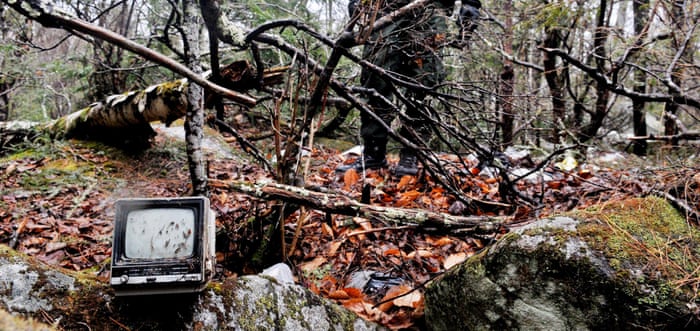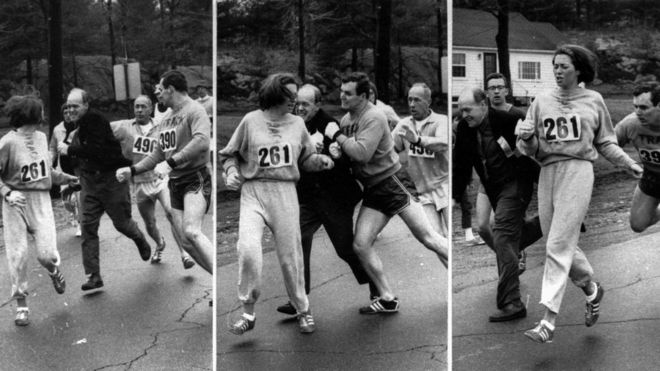Westminster attack: police hunt for clues after five dead in 'sick and depraved' incident
Police and security services are investigating the background of the
man who killed four people and injured dozens in a terrorist rampage at
Westminster as security was visibly stepped up in the capital on
Thursday.
While the Houses of Parliament
prepared to sit as normal,
officers were attempting to establish the motivation and any terrorist
links of the attacker – who was known to counter-terrorism officials –
and look into his connections and associates.
A raid was carried out by armed police overnight at a flat above a
shop in Birmingham just west of the city centre, with surrounding roads
closed for several hours. BBC Newsnight reported late on Wednesday that
the vehicle used in the attack – a Hyundai i40 – could have been rented
in Birmingham.
A direct link between the two events is yet to be established,
however, West Midlands police referred enquiries to the Metropolitan
police in London, which said it would not be commenting for “operational
reasons”.
In London, extra officers – armed and unarmed – have been ordered
onto the streets and Parliament Square remains closed as the capital
wakes up. Westminster Bridge remains closed and the tube station is open
but for interchange only.
Up to 40 people were injured when a lone terrorist attacked
Westminster, stabbing a police officer to death as he tried to storm
parliament, and killing three members of the public as he careered
through the heart of the capital in a 4x4 vehicle.
The attacker was among those killed in the first mass-casualty
terrorist attack on Britain in over a decade. The Commons and Lords were
locked down for several hours because of fears of further attacks.
The policeman who died was named as Keith Palmer, 48, a member of the
Parliamentary and Diplomatic Protection Service. He was married with
children and had been a police officer for 15 years.
The Met’s head of counter-terrorism, Mark Rowley, said the motivation
of the attacker was assumed to be “Islamist related” and he had tried
to enter parliament but had been stopped. Rowley said Palmer “was
someone who left for work today expecting to return home at the end of
his shift, and he had every right to expect that would happen”.
People fled for their lives as a Hyundai 4x4 driven by the terrorist
at about 2.40pm indiscriminately ran into people on Westminster Bridge.
The use of the vehicle to attack civilians was a direct copy of an
Islamic State tactic used previously with murderous effect in Nice and
Berlin. The vehicle then careered off the road on to pavement a few
metres away from Big Ben and the attacker tried to storm parliament
armed with a knife.
Moments later, a police officer who was guarding parliament was fatally
stabbed. The attacker, dressed in black, was shot by another armed
officer and died of his injuries.
The Guardian understands the initial working theories of the police
investigation are the attacker was inspired by Isis and was most likely a
“lone actor”. The attacker was already known to counter-terrorism
officials. Rowley said investigators were trying to establish the
attacker’s associates and his preparations for the attack.
Theresa May was rushed out of parliament as the attack unfolded and
later chaired an emergency meeting of the government’s crisis committee,
Cobra.
Shortly before 9pm on Wednesday, her voice cracking with emotion, the
prime minister confirmed that what she called the “sick and depraved”
attack had been carried out by a single assailant.
She also praised the bravery of the police and other emergency services, who “ran towards the danger, even as they encouraged others to move the other way”.
The prime minister added that Britain’s threat level would remain at
severe, where it has been for some time; but she struck a defiant tone,
insisting it would be business as usual for MPs and Londoners on
Thursday.
“The location of this attack was no accident. The terrorists chose to
strike at the heart of our capital city where all nationalities,
religions and cultures come together to celebrate the values of liberty,
democracy and freedom of speech,” she said.
The Guardian
Read the whole article and watch the Prime Minister's statements on the attack here:
London's terrorit attack









